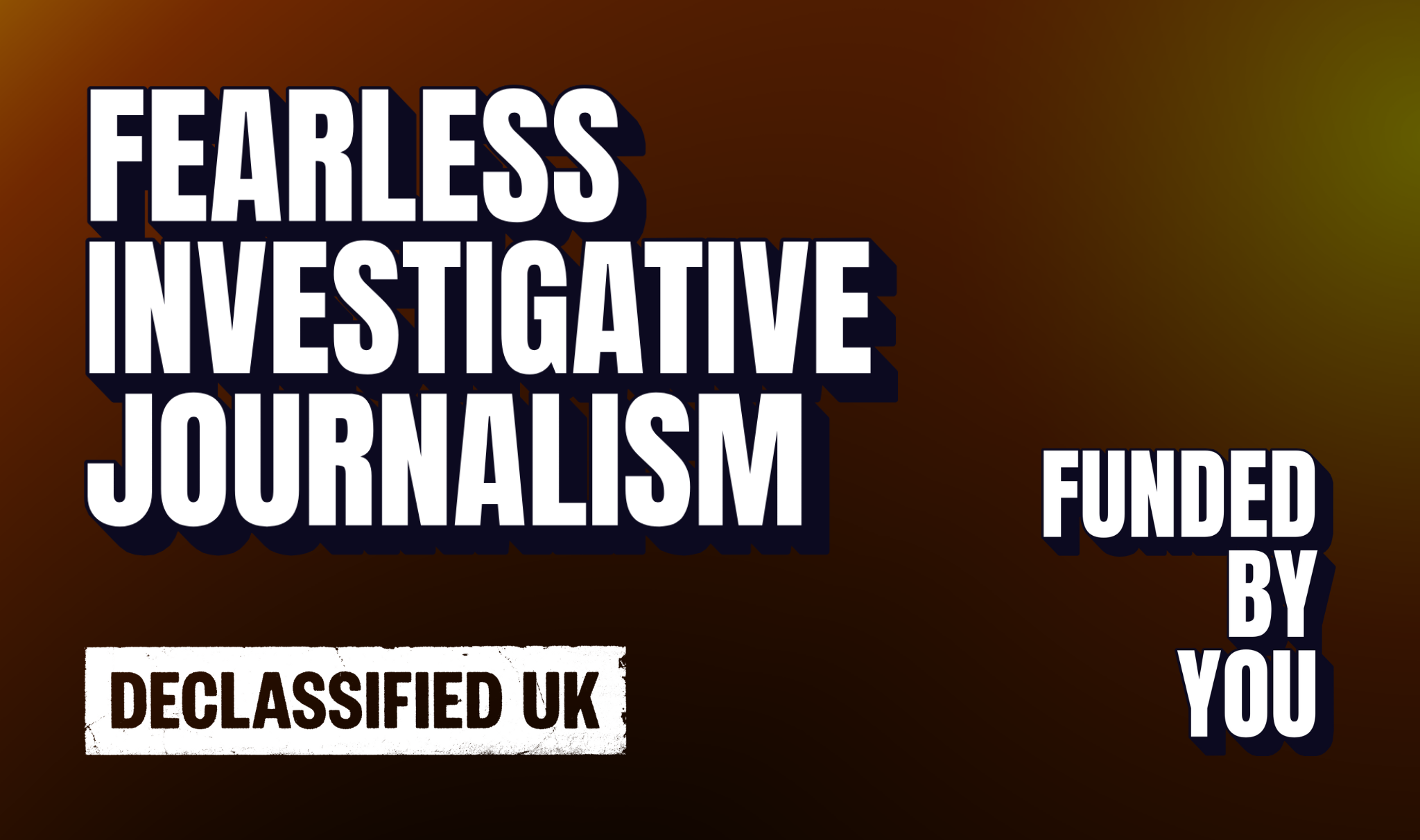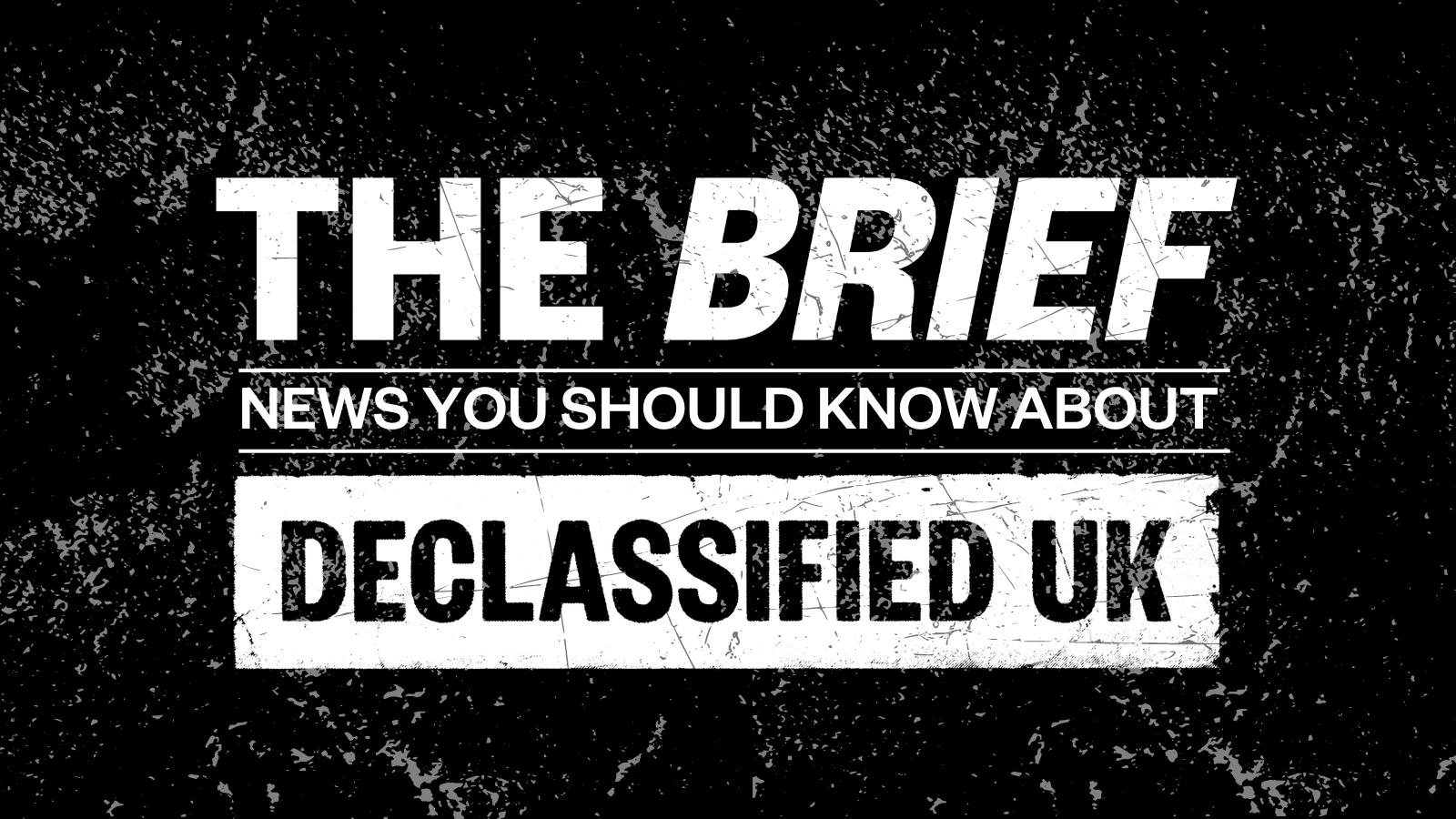
Declassified UK: Is Trump going to unleash hell on Venezuela?
Posted: 30th October 2025
This week, US president Donald Trump deployed the USS Gerald R. Ford, the largest warship ever constructed, to the Caribbean as part of an intensifying military campaign against Venezuela.
The Ford, which can carry 90 aircraft and more than 5,000 personnel, will be accompanied by guided missile destroyers, with 14 percent of the US navy’s fleet now operating in the region.
F-35 fighter jets have been despatched to Puerto Rico, which is around 40 minutes’ flight time from Caracas in a fighter jet, with attack submarines also joining the strike group.
The Trump administration’s official rationale for this massive military build-up is to support counter-narcotics and drug interdiction operations in the region.
Over recent months, the US has launched at least 13 air strikes on small boats in the Caribbean Sea and Pacific Ocean, claiming they were involved in “illicit narcotics smuggling”.
The strikes have killed at least 51 people, with families of some of the victims claiming they were fishermen and not drug traffickers. One of the survivors, an Ecuadorian national, was released by that country’s authorities as there was “no evidence to charge him with a crime”.
The US government says its air strikes are legal because it has classified Latin American cartels as “foreign terrorist organisations”, expanding the military’s remit to conduct offensive operations against “criminal” entities.
But the attacks have drawn widespread international condemnation, with UN special rapporteur on terrorism Ben Saul declaring: “International law does not permit the unilateral use of force abroad to fight terrorism or drug trafficking”.
The Colombian government has said the attacks are like “applying the death penalty in a territory that is not yours”.
But is this really about drugs?
A senior US official recently disclosed that little to no fentanyl is actually coming from Venezuela. US Drugs Enforcement Agency (DEA) reports, meanwhile, consistently show that Venezuela is neither a major drugs producer nor transit hub.
Instead, it’s largely about oil.
After sponsoring a failed coup attempt against Venezuela during his first term in office, Trump declared: “We would have taken [Venezuela] over. We would have gotten all that oil. It would have been right next door”.
Trump found a considerable degree of support from the UK government during this first coup effort. The Foreign Office set up a secret “Venezuela Reconstruction Unit” to plan for the day after, while the Bank of England froze $2 billion in Venezuelan gold.
Whether the UK government is playing a quiet role in the latest destabilisation campaign against Venezuela remains unclear, but the gold remains frozen in the Bank of England, and not one minister has condemned Trump’s extrajudicial killings on the high seas.
What’s certain is that Trump has brought the US to the brink of a major war in Latin America – and he might set the region alight in the process.

Your donations fund our investigations
Please donate today to help fund our fearless investigative journalism.
I will chip in today